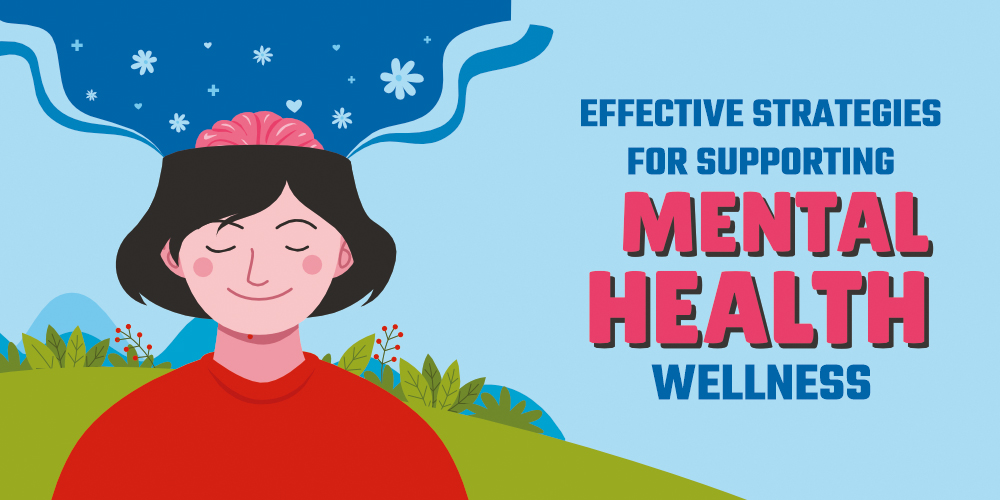The month of May is referred to as Mental Health Awareness Month. Mental health refers to a person’s emotional, psychological, and social well-being, encompassing how individuals think, feel, and behave. It influences how they handle stress, relate to others, and make choices. Good mental health is essential for coping with life’s challenges, maintaining healthy relationships, and achieving a sense of balance and fulfilment. It involves factors such as emotional resilience, self-esteem, coping skills, and the ability to manage emotions effectively. Mental health is a vital aspect of overall well-being and significantly contributes to one’s quality of life.
In the hustle and bustle of daily life, the mental health of our families often goes unnoticed. Yet, it’s essential to prioritise the well-being of our loved ones, as it directly impacts our stress levels, relationship quality, and overall life satisfaction.
Let’s look at some practical strategies that can help in enhancing mental health awareness in family members, including assisting children in prioritising mental wellness within the family.
Following these tips not only improves the family’s mental health but also strengthens their emotional and psychological resilience.
Top 6 Tips for Mental Health Awareness for Families:
1. Normalise Mental Health Conversations: Break the stigma surrounding mental health by normalising conversations about it. Teach children from a young age that it’s okay to talk about their emotions and seek help when needed. Lead by example by being open about your own mental health struggles and seeking support when necessary.
2. Educate About Mental Health: Take the time to educate the family members about mental health conditions, symptoms, and available resources. Help children understand that mental health is just as important as physical health and that seeking professional help is a sign of strength, not weakness.
3. Create Healthy Routines: Establishing healthy routines can greatly benefit mental well-being. Ensure that your family gets enough sleep, eats nutritious meals, and engages in regular physical activity. Consistent routines can provide a sense of stability and reduce stress levels for everyone.
4. Practice Self-Care Together: Show your family the importance of self-care by practicing it together. Engage in activities that promote relaxation, such as mindfulness exercises like – breathing exercises, mindful meditation, mindful eating, yoga, or family walks in nature. Encourage everyone to prioritise activities that bring them joy and recharge their mental batteries.
5. Open Communication: Encourage open and honest communication within the family. Create a safe space where everyone feels comfortable discussing their thoughts, feelings, and concerns. Regularly check in with each family member to see how they’re doing emotionally and mentally.
6. Seek Professional Support When Needed: Lastly, don’t hesitate to seek professional support if anyone in the family is struggling with their mental health, such as persistent sadness or mood changes, changes in sleep patterns, sudden changes in appetite or weight, fatigue, lack of energy, difficulty in making decisions, or withdrawal from social activities. Therapists, counsellors, and mental health professionals can provide valuable guidance, support, and tools for coping with challenges.
In summary, family mental health requires nurturing and support in various ways. Sound mental health brings a multitude of benefits that contribute to the overall well-being and quality of life for the family. These benefits include improved relationships, enhanced cognitive functioning, better physical health, increased emotional resilience, heightened productivity, improved self-esteem and confidence, and positive social engagement. Therefore, these strategies can help families create an environment that supports emotional health, builds relationships, and fosters resilience to life’s obstacles. Additionally, it provides the child with the chance to grow up in a supportive and healthy environment, leading to a healthier future. At Narayana, there is a strong mental well-being program called Disha Mental Wellness Counselling. This program aims to ward off negative thoughts and provide timely advice needed by students, nurturing them to grow into confident and strong personalities rearing to chase their dreams, as at Narayana, your dreams are our dreams.


Stay connected, stay informed, and thrive with Narayana Educational Institutions!
